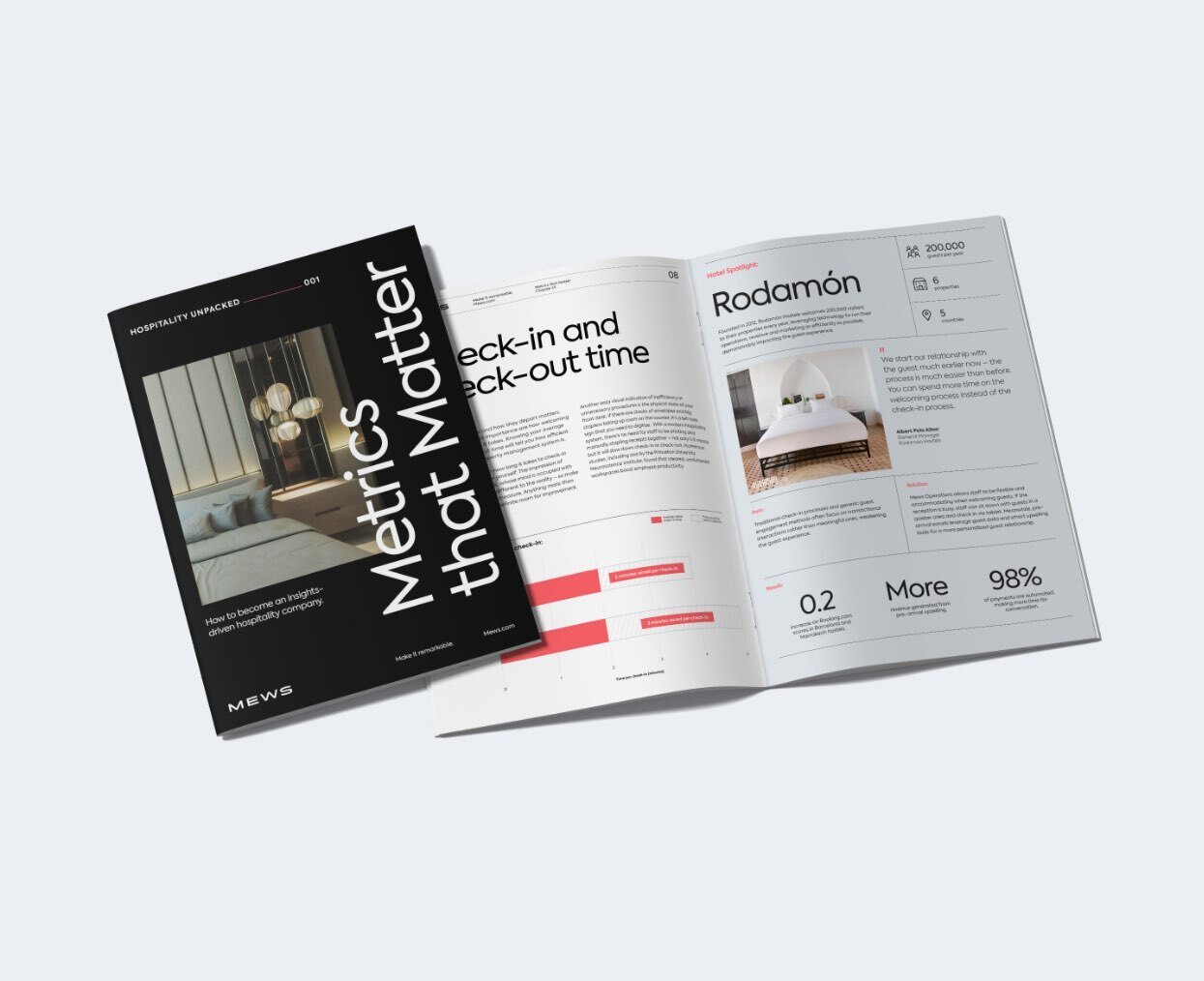Rate integrity is about finding the ideal balance between maintaining consistent prices while allowing for the flexibility to change those prices based on market dynamics.
By keeping rate parity, you create trust amongst potential guests so that they are more likely to book directly and in the long run. This trust creates brand loyalty. While this may be easier said than done, this practice is perhaps one of the most important duties of a revenue manager.
Revenue managers must decide a pricing strategy that goes hand in hand with the value proposition of the hotel and that’s also based on the market conditions.
That is to say, any changes in prices should be justified by changes in demand, and when discounts are applied, it should be for a reason; whether that be that the guest is a member of the loyalty program or they are booking a non-refundable room. Ensuring that prices are logical provides a sense of security for potential guests that will likely lead to an increase in direct bookings.
In this article, we’ll look in more detail what rate integrity is in the hotel sector, why it’s important, and how it can improve direct bookings. So let's dive in.
Table of contents
What is rate integrity in the hotel sector?
Rate integrity in the hotel sector is a concept that hoteliers must have in mind when setting their rates. Integrity can be maintained through rate parity across distribution channels, by avoiding having too much fluctuation in rates throughout the seasons, and by making sure discounts are justified. Through a combination of these practices, hoteliers can ensure that they maintain a consistent rate structure.
Consistent rates can also be achieved by using hotel data analytics and rate management software as a part of your revenue management strategy. Together with data and a revenue management tool, hoteliers can manage inventory and pricing by analyzing supply, demand and competitor pricing in order to provide fair prices that are in the accepted range.
In order to maintain integrity, hoteliers must examine the market conditions and price accordingly; i.e. when demand is high, raise prices, and when demand is low, lower prices. It also involves adjusting the offer based on the best available rate – that is to say, guests should expect to get better service or a better room if they are paying above the best available rate.
Integrity is about keeping the guest’s expectations in mind and adjusting prices to mold to the market value.
Why is rate integrity important?
Rate integrity is important because if guests find a lot of disparity in prices amongst different booking channels, they can lose trust in the brand, and inspiring trust is a key part of any hotel's loyalty strategy.
It’s important to maintain rate parity across both direct and indirect distribution channels for consistency, which is why these two concepts should be looked at together, and not as separate entities. Read more about rate parity.
As hoteliers may not necessarily agree on what constitutes a fair price, this practice is about considering that prices should be in an accepted range based on where your hotel is located, its level of cleanliness, amenities, and service level.
By establishing a rate structure that clearly meets your value proposition as well as the market trends, you essentially give your guests the confidence they need to book without the fear of finding a better price elsewhere.
Furthermore, on a market level, maintaining integrity in prices is important in order to avoid partners getting an unfair advantage by giving discounts below the best available rate. It also guarantees fair competition, ensures operational profitability for all those involved, and protects the relationships that a hotel has with its partners.
After all, trust is a fundamental pillar of maintaining a successful marketplace in the hospitality industry.
How can rate integrity improve direct bookings?
As we mentioned above, keeping a clear rate structure keeps guests from comparing prices, and at the same time it can also improve direct bookings. Direct bookings are crucial in order to keep the top-line revenue lost to commissions paid to OTAs and distribution partners, which can be as much as 15-25% of your revenue.
That is because a lot of potential guests are booking through OTAs due to their promotions and lowest price guarantees, but if your hotel practices rate parity, that means that prices are the same across channels.
With prices being the same everywhere, bearing in mind you provide the same cancellation policies and booking terms, it gives potential guests more reason to book directly because the OTA then loses their added value.
The added value that the OTA loses can be recovered by the hotel because the benefit the guest derives from booking directly is fair in correlation to the price paid.
When customers are skeptical that they aren’t getting the best price, they tend to shop around, but knowing they can find the same price no matter where they book gives them more incentive to book directly. Read more about other strategies to increase direct bookings.
Conclusion
Rate integrity is an important part of any hotelier’s pricing strategy because being fair is synonymous with brand integrity. By having a rate structure that matches market trends, and by keeping rate parity across channels, you inspire trust in your guests, which ultimately will lead to an increase in direct bookings.
More direct bookings mean you can boost your revenue because you won’t lose out on commissions paid to OTAs and other distribution partners.
By focusing on capturing more direct bookings using different strategies, corporate partnerships, and by pushing their own direct channels, hotels can diminish their dependencies on third-party channels, and maintaining an honest pricing structure is at the forefront of this shift.
Your duty as a hotelier is to provide the best service possible at the best price, and by practicing both rate parity and integrity you keep all the players happy. Guests are happy because they are getting the best price, and OTAs and other distribution partners are happy because there is a fair competition, seeing that prices are the same across all channels.
So as you see, it’s a win-win for both the guests, distribution partners and your hotel.
Want to know which hospitality metrics you should be tracking and why?
Download our guide "The Metrics that Matter"


2026 Hospitality Industry Outlook
Download now
Table of contents
Hospitality hot takes straight to your inbox



.webp)
